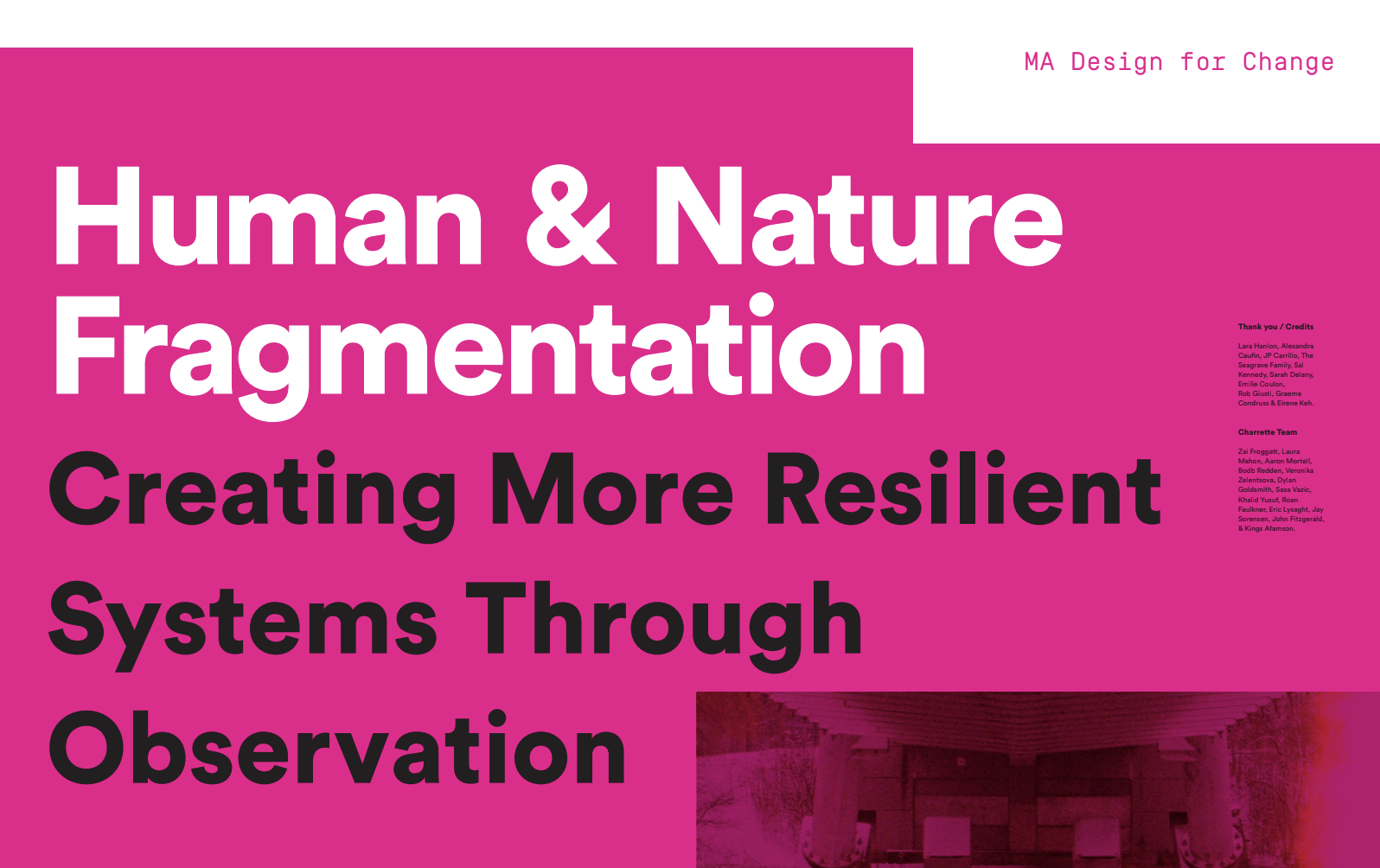Abstract.
How do you define personal success? How does that definition compare to how nature would define success? Dominant human ideologies, like capitalism, disconnect humans from the natural processes that sustain life on this planet. Human needs, such as eating nutritious foods, are uncoupled from biological production through commodification in economic markets, as consumers base decisions on price, not ecological health. What is lost when we define success in terms of human needs, with little consideration of biological activities?
Observing Bio-Organization.
Bio-organization refers to the complex biological structures and systems, including processes and functions, that sustain life on the planet. Bio-organisation consists of heterogeneous elements that are different but not unrelated. Diversity in this system creates insurance should one element fail, others will continue to function. Capitalism, a human management method, promotes homogeneity through market concentration, leaving few actors to make decisions based on market power.
Threats to Diversity - Spatial, Ideological, and Temporal Fragmentation.
The biggest driver of biodiversity loss on the planet is habitat fragmentation, meaning an expanse of habitat is transformed into small patches that are isolated from one another by land patches that are unlike the original. The primary cause of habitat fragmentation is the agricultural system, meaning the food we produce and consume contributes to biodiversity loss, which in turn makes our planet less resilient to disease and degradation.
Habitat fragmentation reveals the spatial divide between ecosystem processes and functions, however the driver of “spatial fragmentation” is created through ideological differences between human and nature organization. “Ideological fragmentation” is described as the differences in values and motivations between nature, whose functions ensure biotic survival, and humans, who use management methods such as capitalism, prioritize profits over long term health of the planet.
“Ideological fragmentation” in dominant human management methods cause humans to base decisions on short term gains, by framing goals within one’s lifetime or professional career, over the time it takes natural systems to regenerate or evolve. “Temporal fragmentation” means that humans are overstepping the carrying capacity of the planet and interrupting vital natural processes that ensure biotic survival by consuming faster than the planet can regenerate.
Fragmentation in Food Systems.
If the food system is the greatest driver of biodiversity loss, and therefore our insurance against the collapse of biotic life, then we need to evaluate how to reconnect the food system to biological systems by reducing spatial, ideological, and temporal fragmentation. By embedding human management methods, including the food system, with the values of bio-organization, we can build biotic resilience into the materials that are essential to human life. To do this, we must lessen spatial fragmentation in the food system by redesigning not only frame fields, but also the space between the consumer and the processes involved in food production. We need to think beyond commodification (ideological fragmentation) and convenience (temporal fragmentation), and reconsider the energy and time we devote to personal and environmental health.
Why?
When we limit the definition of success to a few criteria, such as profits and professional success, we create space for ideological, spatial, and temporal fragmentation, leading to degradation of the biosphere and increased risks for total biotic collapse. We need to embed human management methods and the indicators we use to monitor past, current, and future conditions with values that reflect equitable outcomes between humans and nature.


